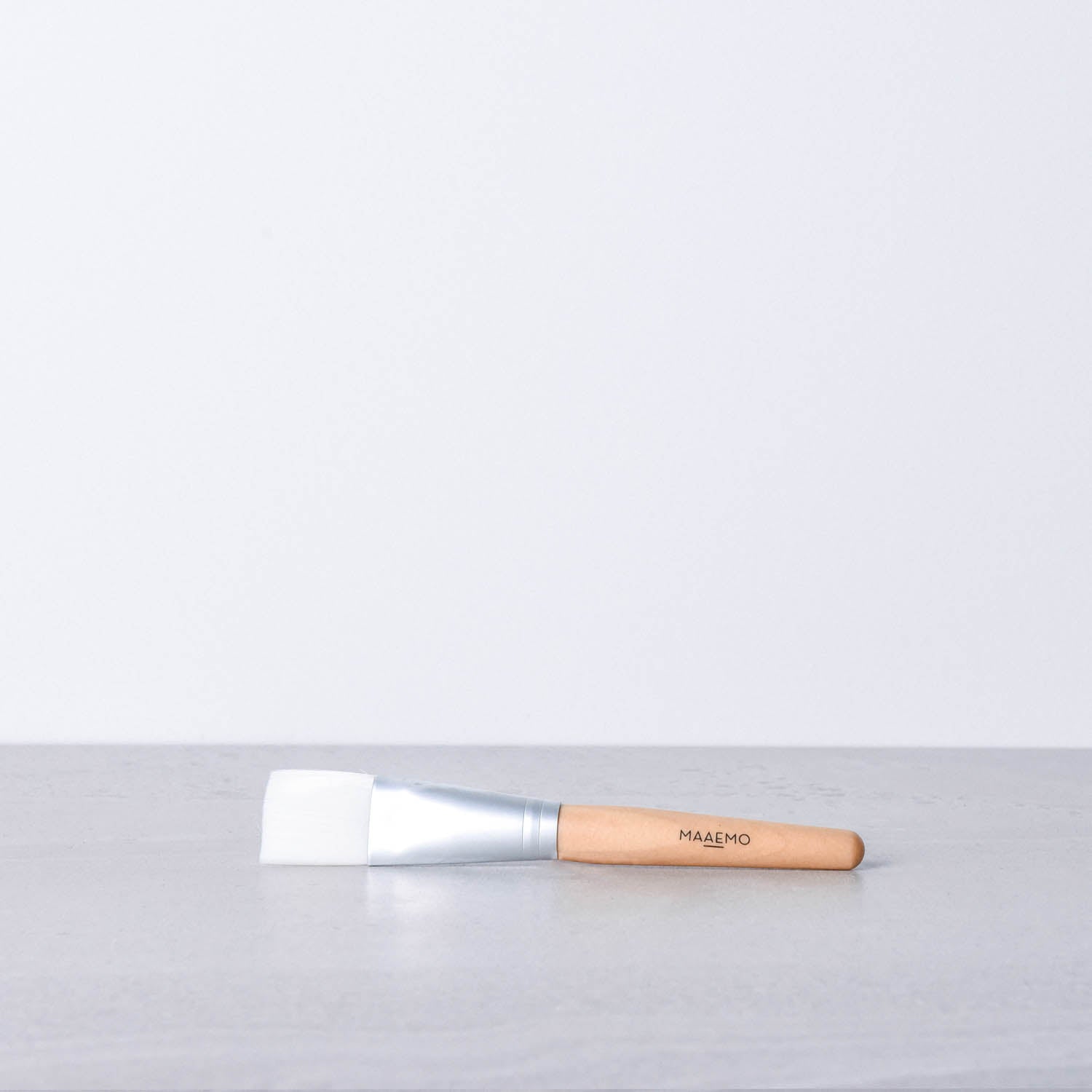Fad dieting is a no-go zone for me. Yep, I’m a Dietitian and I don’t believe in Diets; who would have thought?!
I’m actually considering a petition to change the name of our profession, reason being - Dietitians don’t really prescribe diets, instead - we encourage sustainable dietary changes that help you feel your best. We quite often encourage you to even eat more food!
Anyway, that’s for another time!
Let’s talk about fad diets and the effect that extreme dietary measures and restrictive, rule-driven eating practices can have on the quality of our complexion.
Firstly, what is a fad diet?
A fad diet is exactly that, a diet that is incredibly short lived. Why are they short-lived? Because they are unsustainable, unenjoyable and driven by diet culture that want you to believe you will be a happier person if you lose a few kilos. News flash - that’s not the case!
You’ve probably been exposed to a fad diet at least once in your life, they are extremely (yet unfortunately) common and tend to make a regular appearance on morning television and programs alike. Keto, low-carb, high protein, Atkins, paleo, juice cleanses and detox programs are all examples of fad diets. You’re familiar with them because they claim to promise rapid results and always land themselves a spot in your Instagram feed or on the front of a magazine.
Regardless, fad diets are nutritionally inadequate and can take the joy out of one of life’s greatest pleasures, eating! Fad diets fail to meet basic nutrition guidelines and can leave you deprived of the nutrients you need to lead a fulfilling life.
Surprisingly, following an eating pattern or diet similar to those mentioned above that inhibit your ability to meet your nutritional requirements can have a profound impact on the quality of your skin.
How? Let me tell you.
Dieting decreases our ability to consume adequate amounts of skin loving vitamins and minerals
If you’ve read any of our blogs before, you will have learnt copious amounts about the types of foods and nutrients that play a vital role in the health of our skin. Following a fad diet that restricts your dietary intake and removes or limits certain foods and food groups in your diet can be incredibly detrimental to your skin.
Dieting increases our stress levels
Tell me a time when you’ve followed a diet and have felt footloose and fancy free? Chances are, that hasn’t happened. This is because fad diets (and dieting in general) can increase your stress levels. How? You are worried and overly conscious about what you are putting in your mouth and the outcome this may have on your overall health and wellbeing.
From what we understand from the research, stress can exacerbate inflammatory skin conditions such as psoriasis, dermatitis and acne. Following a mindful approach to eating and tuning into your body's hunger and fullness levels is a stress less alternative to traditional dieting measures that can not only help you meet your nutritional needs, but can also reduce the pressure you put on yourself to maintain a perfect diet. In case you needed to hear this - nobody's diet is perfect, not even mine!
Not eating enough food can leave your skin looking dry and dull.
Depriving yourself of adequate amounts of food can be incredibly damaging to your skin, among many other things too. Each and every one of us needs a specific amount of energy (also known as calories) based on our gender, age, activity levels, medical history and health goals to function optimally. Not eating enough food means our body is likely to miss out on essential nutrients involved in our gut health, nutrient absorption levels, inflammatory and immune response.
Dieting and dehydration might go hand in hand.
Lastly, fad dieting may impact your hydration status. Whilst we know drinking enough of the right types of fluid can prevent dehydration, certain restrictive dietary practices can increase your urine output and impact your bowel habits which may lead to dehydration too (I’m looking at you juice cleanses and low carb diets).
Dehydrated skin can be indicative of a body that isn’t receiving adequate amounts of fluid from. If your skin is looking a little lackluster of late, check in with your water intake; and your dietary habits for that matter!










